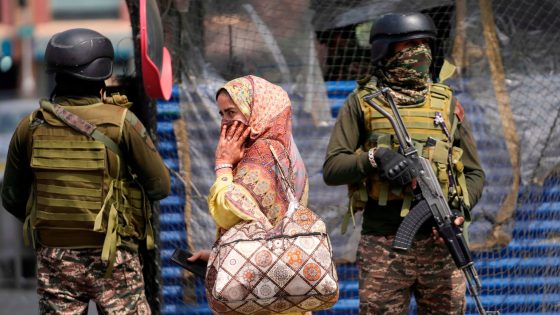Dozens of men deported to El Salvador prison have raised significant concerns about U.S. immigration policies. A recent report by the Cato Institute reveals that many of these individuals had entered the U.S. legally, only to face deportation without due process.
- Over 200 Venezuelan men deported to El Salvador
- Deportation occurred without due process
- Cato Institute report reveals legal entry
- Focus on immigration and legal status
- Concerns over treatment of deported individuals
- Implications for U.S. immigration policy
This situation has sparked outrage among human rights advocates, especially since these deportations occurred just two months ago. The findings highlight a troubling trend in immigration enforcement, prompting questions about the fairness of the system and the treatment of legal entrants.
This alarming situation begs the question: How can a nation committed to justice allow such actions? The implications are vast, affecting not only those directly involved but also the integrity of the immigration system. Consider these points:
- Legal entrants are at risk of unjust deportation.
- Human rights organizations are calling for policy reforms.
- Public awareness is crucial for accountability.
As we look to the future, it is essential to advocate for transparent and fair immigration practices that protect the rights of all individuals, regardless of their status.

































